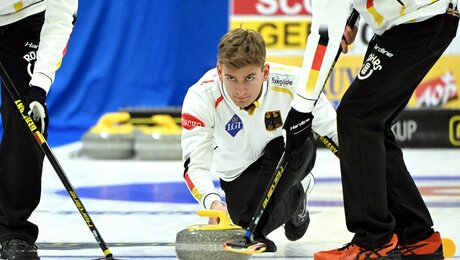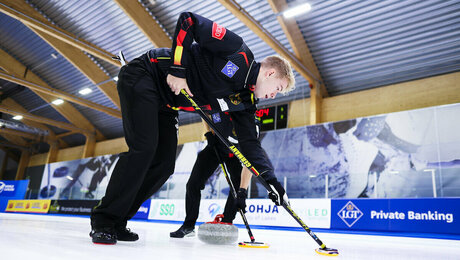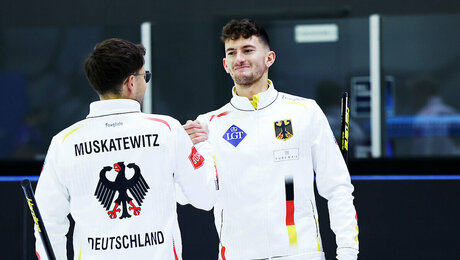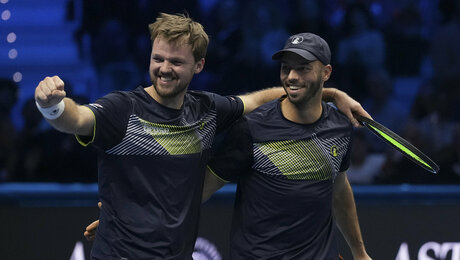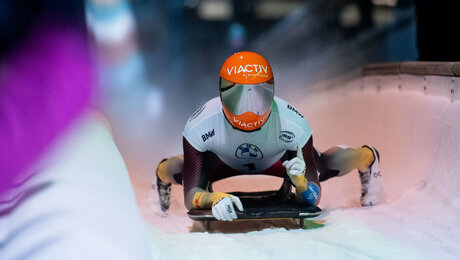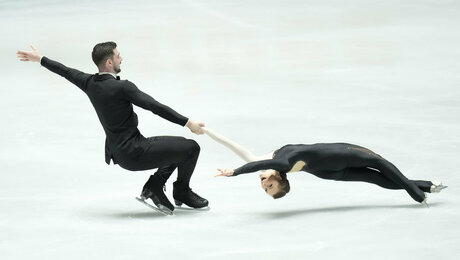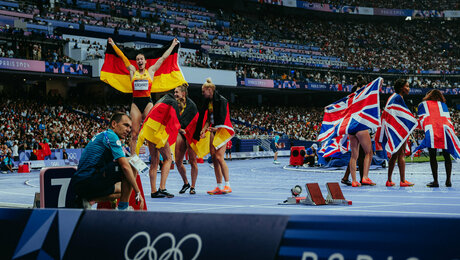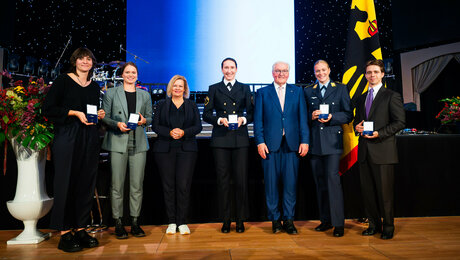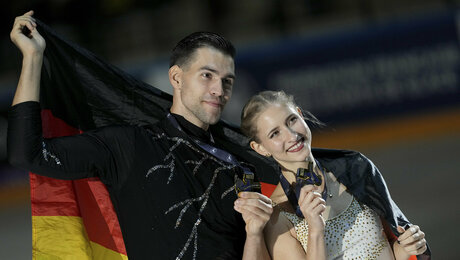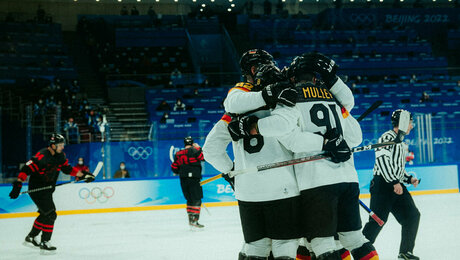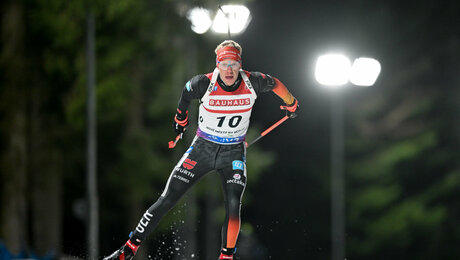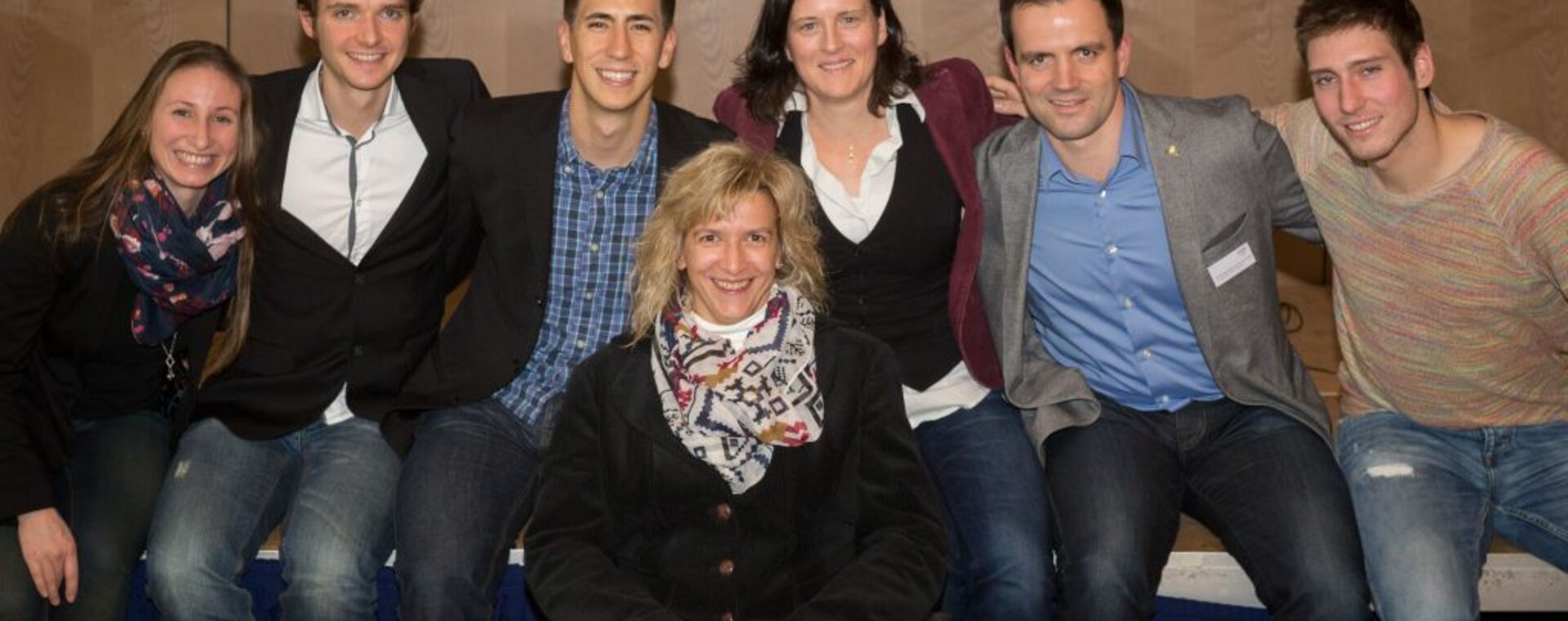
Die Athletenkommission hat sich heute (17. Juni) zur aktuellen Anti-Doping Thematik mit einem offenen Brief an die obersten Sport- und Anti-Doping-Organisationen gewendet.
Die Athletenkommission hat sich heute (17. Juni) zur aktuellen Anti-Doping Thematik mit einem offenen Brief an die obersten Sport- und Anti-Doping-Organisationen gewendet.
Der in englischer Sprache verfasste Brief, der mit der Frage "Doping or no Doping" einleitet, hat folgenden Wortlaut:
Dear Dr. Thomas Bach,
Dear Sir Craig Reedie,
Athletes, sport authorities and the public can follow up the daily happenings and on-going information about the doping/ anti-doping investigations.
Representing the German Athletes, the Athletes Commission of the German Olympic Sports Confederation, we believe more can be done in the current situation to protect clean athletes. To do so, an action plan and more transparency concerning current and future activities in sports and anti-doping must be developed:
Like many others we see that, less than two months ahead of the Olympic Games in Rio sport itself and the Olympic Values are faced with the probably most serious challenge for years! Investigative journalism followed by independent investigations has raised too many questions. The initiated re-testing programmes of the Beijing and London samples was as necessary as shocking due to the fact, that they proof, cheating is and always has been much more serious than confirmed by sport administrations. Unfortunately we have to say, that we do not feel, that those re-testing and investigation programmes would have happened without those courageous journalists and whistle blowers.
Athletes are still waiting for a strong sign by sport authorities so that trust and confidence in the international anti-doping management can be regained. There must be a sign expressing, that cheating, doping and bribing will not be benefitted. We know the question of individual justice vs. collective ban is probably the most difficult decision ahead of Rio – but let’s try to compare this with rules every other athlete need to accept:
- Being tested positive – you will be banned
- Too much missed tests – you will be banned
- Using the games for political statements – your accreditation can be taken away
- Violating the Olympica Charta because of social media or advertising - your accreditation can be taken away
So there are defined rules of how easy it is to ban single athletes from the games. Compared to the contamination in Russian athletics and IAAF, the answer seems obvious – there must be a serious sanction, a ban is inevitable.
But will a ban in Russia target the global problem itself or is a single ban the strategy out of the current situation? Probably not! So for us as athlete’s representative a Russian ban has to be combined with a strategy that needs to meet the following requirements:
- How can seriously clean proven athletes take part in their sports?
- What will be done to implement an effective anti-doping management in countries that are more than non-compliant at the moment?
- What will be done to enable WADA to be the global anti-doping authority it is not yet today?
Independent of what the IAAF will decide on Friday, June 17th, both IOC and WADA need to take into account that athletes are demanded - by rules - to give up personal rights to support anti-doping management. Respecting this, German athletes expect that every athlete in every country – that will participate at the Olympics – will have fulfilled following basic criteria of anti-doping management:
- Whereabouts requirements, for all athletes on the long-list for the Olympic Games – no less than six months before the Opening of the Olympic Games,
- Testing of each athlete before coming to the Olympic Games, not less than three times within 6 months before the Games,
- Testing by an independent NADO, or if not possible, supported by another NADO which takes over this role.
Before the first competition of the Rio Olympic Games, IOC and WADA, as the governing bodies, need to guarantee this. Otherwise it can not be proven the athlete is clean. It is essential – for all athletes worldwide – that the international anti-doping regulation is applied and that athletes have a fundament to trust the control system.
German athletes accept the international anti-doping management but expect for the future – focussing already the Olympic Games in 2018 – the following points to be developed:
Core objective in anti-doping:
- Protection of the athletes health and physical integrity
Clear separation of powers in anti-doping:
- Stronger and independent (financially) WADA, as governing body of the international anti-doping management and structured under consideration of good governance criteria
- Independent controlling & testing network, only supported & applied by compliant NADOS & laboratories.
- Arbitration in sports – independent & under consideration of constitutional framework
Compliance of NADOs and laboratories:
- Development of criteria – what means compliance? Process to control compliance under consideration of the WADAs criteria
- Sanctions for institutions and/ or officials who act non-compliant or violate the rules
In trust that we take the chance of the moment to foster an efficient system for the future, we offer our support and commitment.
Yours sincerely
Christian Schreiber Silke Kassner
Chair, German Athletes Commission Athletes Com. & Advisory Board NADO
 Die Mitglieder der Athletenkommission (v.li): Karina Winter (Bogenschießen), Daniel Hermann (Eistanz), Felix Rijhnen (Speedskating & Eisschnelllauf), Manuela Schmermund (Sportschießen), Silke Kassner (Kanu), Christian Schreiber (Rudern), Maximilian Hartung (Fechten); Foto: DOSB/Ronald Bonss
Die Mitglieder der Athletenkommission (v.li): Karina Winter (Bogenschießen), Daniel Hermann (Eistanz), Felix Rijhnen (Speedskating & Eisschnelllauf), Manuela Schmermund (Sportschießen), Silke Kassner (Kanu), Christian Schreiber (Rudern), Maximilian Hartung (Fechten); Foto: DOSB/Ronald Bonss


